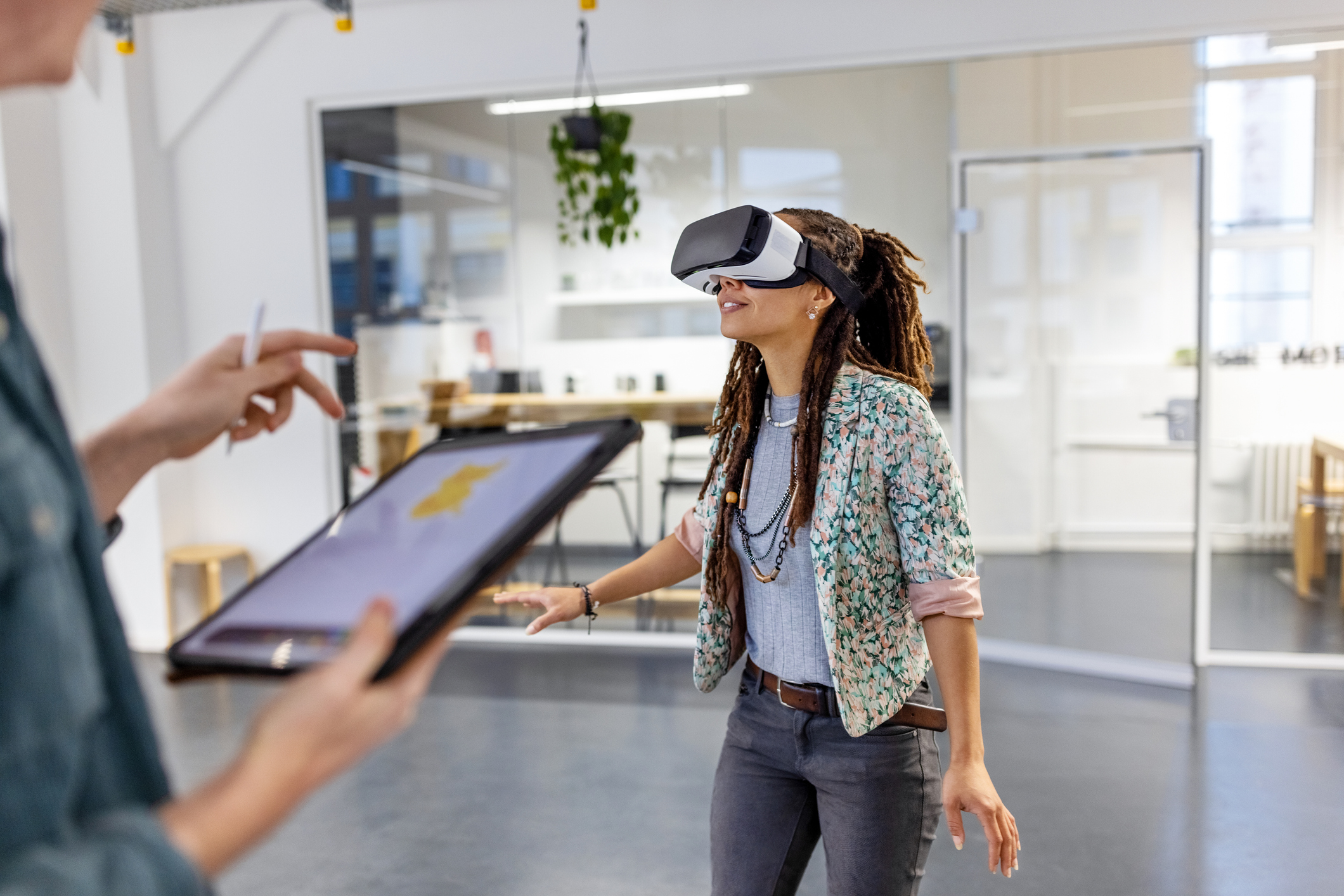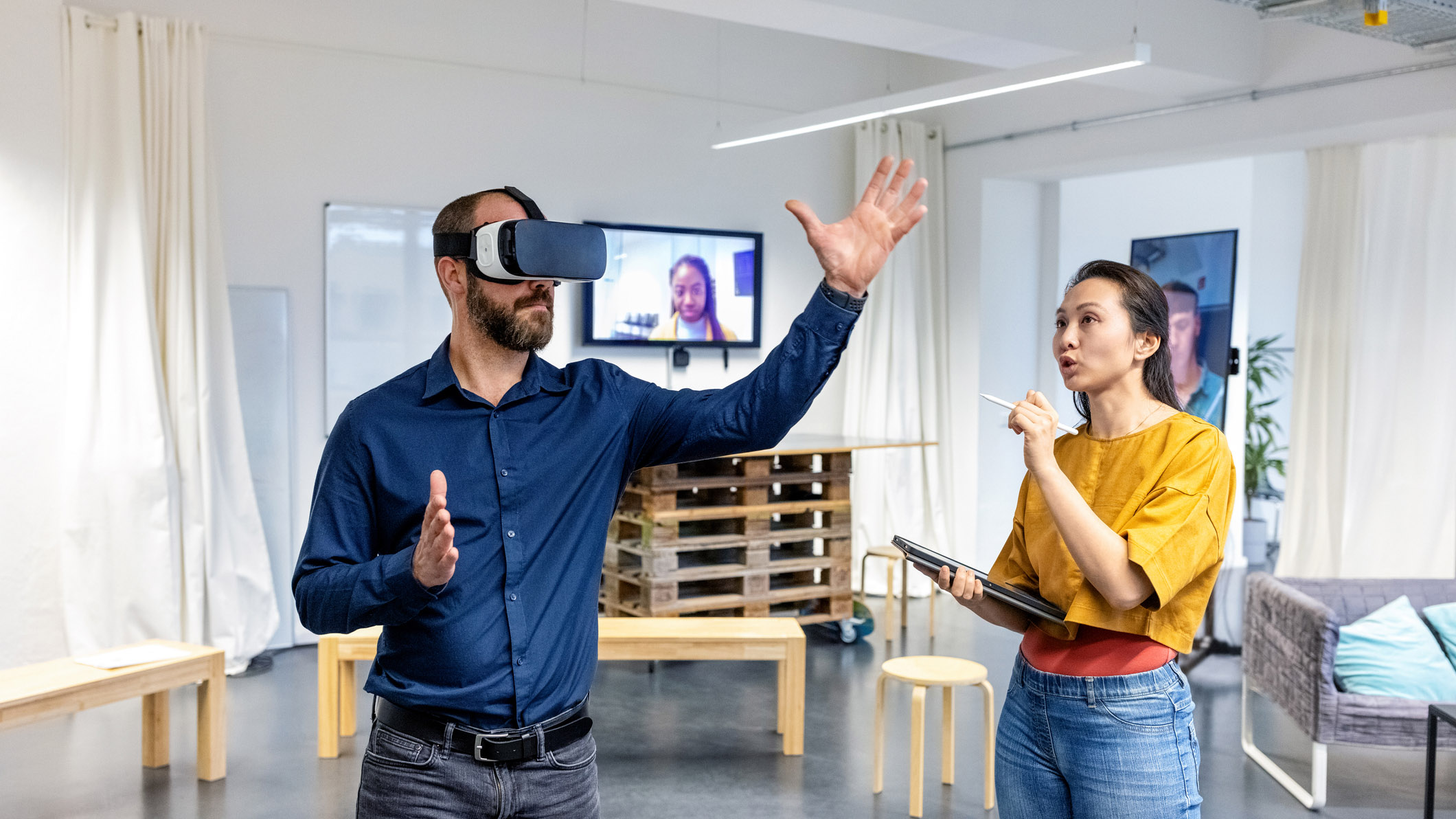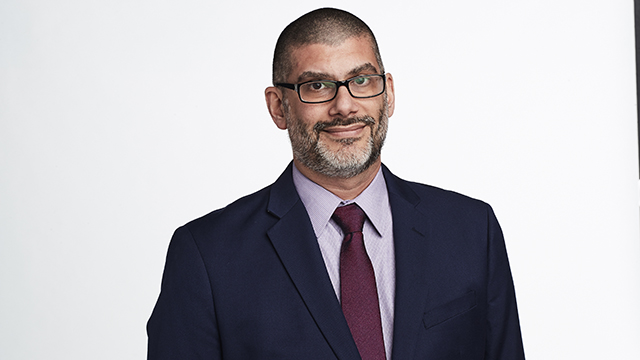The metaverse continues to evolve, enabling high-profile brands to reach their consumers in new ways through immersive experiences. Harry McCracken, global technology editor, Fast Company moderated a CES 2023 expert panel Meta: The Next Era of Connection exploring who and what are shaping the metaverse ecosystem. Joined by Mark Curtis, head of innovation Accenture song, Asmita Dubey; CDO and CMO, L’Oreal; Michael Scogin, VP strategic partnerships, NBC Universal; and Christine Trodella, VP, commercial sales, Meta, the panel dove into where the metaverse is heading and how we’ll get there, particularly focused on the workplace.
As Trodella explained, Meta is seeing a need for their products and solutions across many business spaces from meetings and events to training and learning and creative and interactive design. It was clear her fellow panelists felt the same, each using it in a different way to advance their business.
[Top Integrators 2022: Technology Trends]
Curtis talked about the Continuum, Accenture’s platform for onboarding and training. “Pre-COVID, 12% thought the on-boarding wasn’t good,” said Curtis. “This is why we began taking it very seriously during COVID.” He explained that statistics are showing that retention from metaverse onboarding and training is improving.
Dubey laid out how L’Oreal is using it to “crack the codes of beauty in the metaverse.” Using it from the creative and design aspect, L’Oreal knows beauty technology is physical, digital, and now virtual, enabling both creators and consumers to pioneer beauty tech for today and tomorrow. “We are moving from digitization to virtualization, from 2D to 3D,” she said, “We’re also moving from offline plus online to offline plus online plus on chain.”

For NBCU, and surely many networks to soon follow, Scogin is using the metaverse for reaching old fans in new and exciting ways while connecting with new fans. He cited NBCU’s venture with Fortnight, saying, “We recreated the 30 Rock plaza, moved Times Square, recreated Jimmy [Fallon]’s studio and hopefully took people to a place may never be able to go.”
Naturally, in the post-COVID world inequity across the hybrid workforce is a major issue, one which Meta hopes to improve and enhance. The metaverse can democratize the experience, creating a sense of presence unlike any other hybrid solution. As Trodella explained, the eye tracking, spatial audio, and hand tracking is the closest we’ve ever got to using all our senses and creating immersive experiences in a reality augmented space.
[SCN Hybrid World: Workplace Products and Expert Tips]
What’s next for the metaverse? The options seem limitless, but responsibly managing the direction it goes and, as Curtis mentioned, making sure children won’t be stuck behind a headset for their entire lives, is pivotal in its early adoption. It is important to remember we seem to be just touching the surface on what the metaverse means. As the panel pointed out a few times, the usual rules of physics, chemistry, and even reality don’t apply in the metaverse. “We see the metaverse advancing gradually, and then suddenly,” Curtis concluded. “It’s going to reach an inflection point in 3-5 years where it gets very big indeed.”

